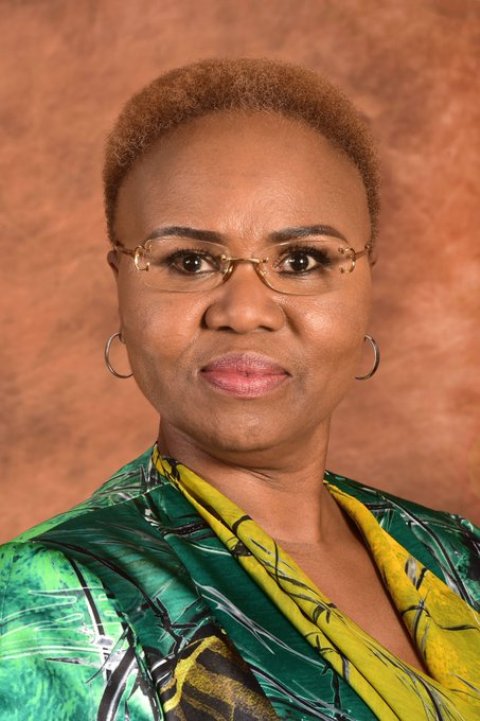Basic Income Support to enhance productivity owing to community capabilities
“Yes, as we design long-term solutions, South Africans need to live,” the Minister said.

- Country:
- South Africa
Social Development Minister Lindiwe Zulu says the Expert Panel Report on Basic Income Support will be used to design policies and programmes that respond to the needs of the majority of the people in society.
“The Supplementary Modelling Report positively shapes the discourse of society’s responsibility to provide social assistance for unemployed and income-less fellow citizens who are aged 18 to 59,” Zulu said.
Speaking at the launch of the second Expert Panel Report on Basic Income Support, Zulu said government will design long-term solutions that South Africans need in order to live.
“Basic Income Support will enhance productivity owing to community capabilities. It will stimulate local economies and deter households and communities from disposing the primary assets that are a buffer between life and death,” Zulu said.
Zulu said the fact that entrepreneurship support and job creation speak to different socio-economic challenges, these responses require longer lead time before they can be realised where hunger, unaffordability and indignity are currently being experienced.
“Yes, as we design long-term solutions, South Africans need to live,” the Minister said.
Acting Director-General of the Department of Social Development, Linton Mchunu, says the COVID-19 pandemic and consequent lock-down exacerbated the loss of household income and increased hunger, resulting in the working poor suffering the deepest job losses.
“We all know that poverty, inequality and unemployment have been massive challenges before the COVID-19 pandemic, and even as we recover to our pre-pandemic levels, the triple challenges will still be there,” Mnchunu said.
Mnchunu said it has became widely accepted internationally that social protection is an important element of development including both human and economic development and cushion vulnerable persons from the severe impact of disasters.
“Government amongst other interventions introduced the COVID-19 Social Relief of Distress (CSRD) grant to deal with the impact of the Coronavirus pandemic, targeted to the vulnerable groups who are unable to support themselves due to the impact of the Coronavirus and inadequacy of market-based employment opportunities,” Mnchunu said.
Mnchunu said government has made some progress with the progressive realization of the right to social security, including children, the elderly and persons with disabilities.
“At present South Africa lacks an institutional framework that can articulate employment-related social protection benefits with labour activation at the level of the individual. This is partly due to the absence of a social security benefit for people of working age unless they are disabled,” Mnchunu said.
Mnchunu said among other things, the department is looking at a possibility of linking grant recipients to opportunities.
“Some of the grant recipients do have matric or other qualifications, the problem is that they are unemployed,” he said.
The research was commissioned by the department in collaboration with the International Labour Organisation (ILO).
Today’s report is the Second Expert Panel Report building on the first report launched in December 2021.
The report affirms that income poverty in South Africa is extremely pervasive. More than half of the households live in poverty and the COVID-19 SRD is critical to sustain their livelihoods.
Furthermore, the impact of the SRD on poverty and inequality is potentially more significant than previously understood. This is despite the relatively modest nature of the temporary relief.
Poverty, inequality and unemployment continue to rise due to the current unfavourable economic climate which is informed by amongst others, the recent COVID-19 pandemic that negatively affected the country and the world.
As the triple challenges persist, it is widely accepted that social protection is an important component of development, for both human and economic development.
The rising of the unemployment rate together with the high uptake of the COVID-19 Social Relief of Distress (CSRD) are evident enough that there is a gap in the provision of social protection for the working age group from18 to 59 years.
This necessitated the Department of Social Development to conduct studies to inform a proposal to extend social assistance for this vulnerable group.
It is expected that the report will be handed over to the Department of Social Development by the International Labour Organisation.
(With Inputs from South African Government Press Release)










